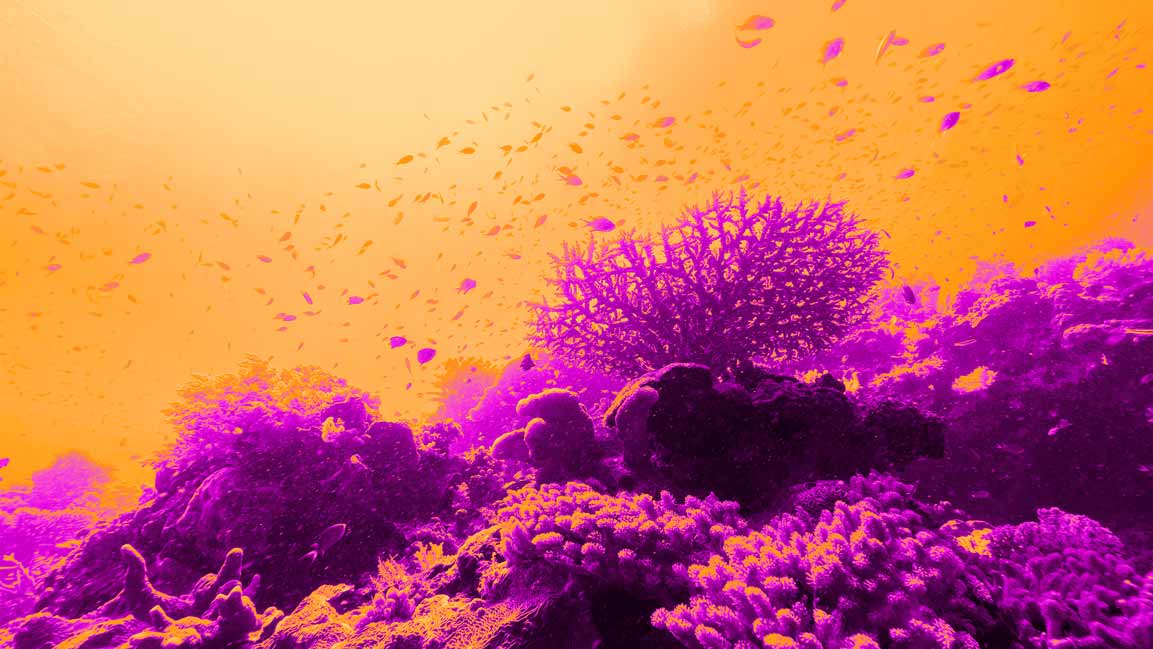- | 12:00 pm
Saudi’s National Center for Wildlife launches coral reef monitoring program in the Arabian Gulf
The program will assess coral reef health, biodiversity, and marine life populations to better understand ecosystem conditions.

The National Center for Wildlife (NCW) has launched its annual program to monitor and assess coral reef ecosystems and marine biodiversity in the Arabian Gulf, as part of Saudi Arabia’s broader efforts to promote environmental sustainability and advance Vision 2030 goals in marine conservation.
Building on previous assessments conducted in the Red Sea, the initiative expands NCW’s environmental monitoring efforts to the Arabian Gulf through advanced scientific studies. The program will evaluate coral reef health, biodiversity, and fish and invertebrate populations to develop a comprehensive and data-driven understanding of marine ecosystem conditions.
According to the NCW, the program also measures changes in the physical and chemical properties of seawater—including temperature, salinity, chlorophyll levels, and nutrient concentrations—using remote sensing technologies and field-based instruments. Laboratory analyses will further assess environmental factors that influence coral health and ecosystem stability.
Key technologies employed include baited remote underwater video systems (BRUVs), which record marine life in its natural habitat without interference. These are paired with artificial intelligence platforms that analyze footage, classify species, and assess coral conditions, helping to establish an early warning system for environmental shifts.
The NCW emphasized that the initiative aims to create a continuously updated national marine database to inform policy and decision-making. It also seeks to identify priority areas for protection and restoration, strengthen evidence-based environmental governance, and ensure the sustainable use of marine resources.
The center highlighted that the program is being implemented by Saudi specialists in marine biology, remote sensing, and AI-based environmental analysis—demonstrating the Kingdom’s growing expertise in ecological research and its long-term commitment to conserving marine ecosystems and biodiversity.































